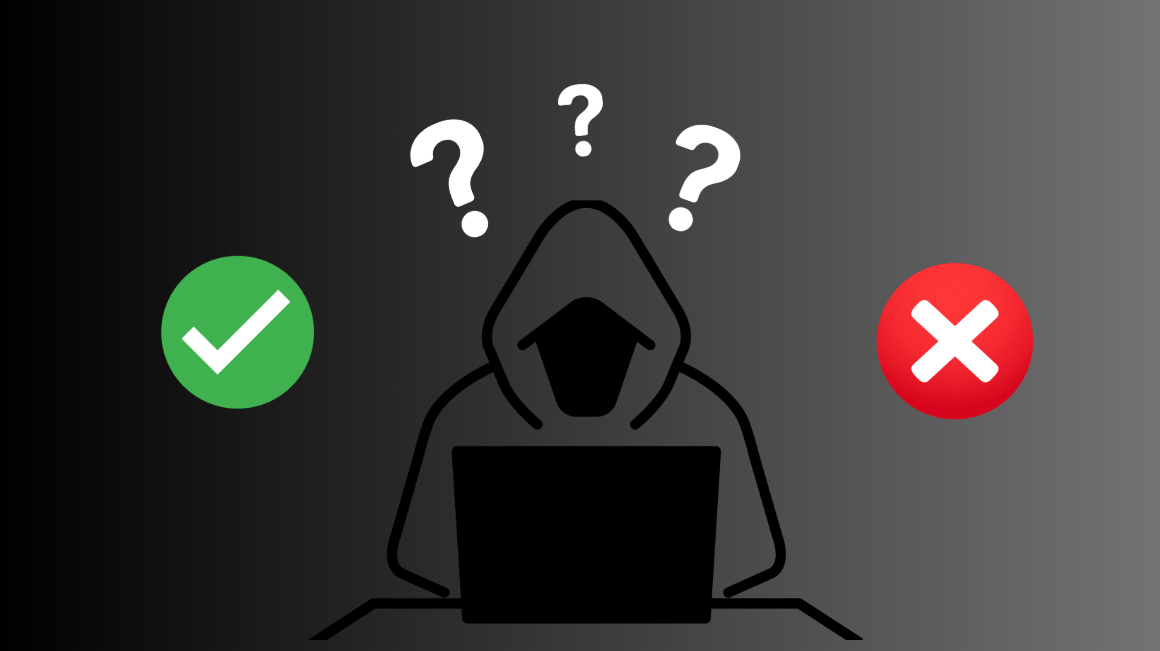When most people think of hacking, they imagine those movie scenes where someone types random keys, cool numbers flash across the screen, and fancy terms get thrown around. But in reality, it’s not that complicated.
Hacking is really about finding weak points in security systems, networks, or devices (usually computers) and using certain tools or applications to gain access and control over them. One of the easiest ways hackers do this is by sending malware to the device they want to target. These days, it’s usually done through suspicious links or files. It’s pretty easy to spot for people who know how to move through the internet safely. Suspicious sites or pages that trigger browser warnings are other clear signs of potential hacks.
But there are more creative ways hackers work. One unique method is through what’s called a Zombie Computer. This happens when a hacker infects a device, like a computer, with a virus, a computer worm (which is a type of malware that replicates itself to other devices), or a Trojan horse program. Once the device is infected, it can start sending out malware, launching DDoS attacks, or spreading viruses, all while the computer’s actual owner has no idea what’s going on. That’s where the term Zombie Computer comes from; it’s being controlled without the user realizing it, and it’s used to increase a hacker’s web traffic and attacks.
Surprisingly, people even upload tutorials and guides about how to hack or learn basic techniques. It’s not difficult if someone takes the time to understand it, and the same goes for learning how to defend against it. In a way, it’s a kind of digital battlefield our generation deals with, where people are constantly finding new ways to break into systems, and others work to block them.
Anyone can learn basic hacking, but skilled hackers find new, creative ways to get around security systems that are already in place. The tools themselves aren’t complex, it’s how they’re used, combined with knowledge of other available resources, that makes a hacker either good or bad at what they do. And whether they get caught plays a big role, too.
Most hackers use their skills to leak games, movies, or expose companies. But some people hack for good. These are the ones who help others, point out vulnerabilities, and sometimes fight for causes they believe in. On the other side, some hackers do it just because they can, for money, or the wrong reasons.
So, while hacking is often framed as purely dangerous by most, there’s more to it than meets the eye. It’s all about how those tools are used and what people choose to do with them.








